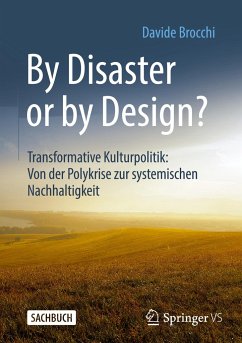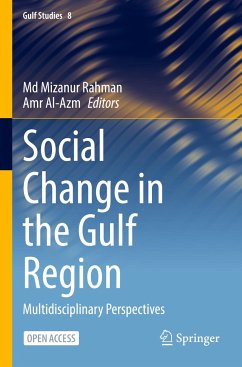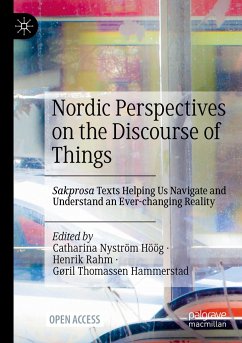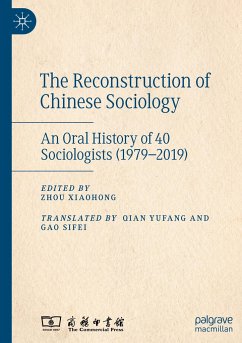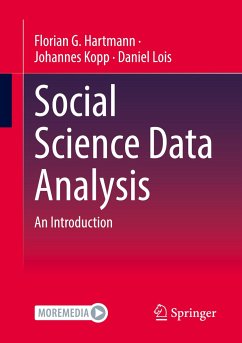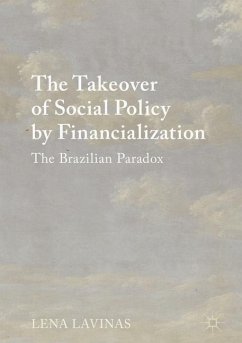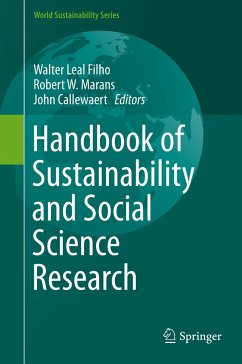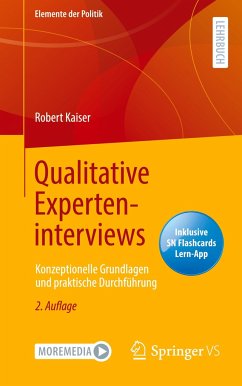
Social Development in the World Bank
Essays in Honor of Michael M. Cernea
Herausgegeben: Koch-Weser, Maritta; Guggenheim, Scott
Versandkostenfrei!
Versandfertig in 6-10 Tagen
53,49 €
inkl. MwSt.

PAYBACK Punkte
0 °P sammeln!
This open access book honors the work of Michael Cernea, who was the World Bank's first professional sociologist, by taking on and extending his arguments for "putting people first." Cernea led a community of social scientists in formulating and promoting a comprehensive set of innovative and original social policies on development issues, which the World Bank adopted and implemented. This book includes globally significant work on urban and rural development, the epistemology of using social science knowledge in national and international development, methodologies for using social organizati...
This open access book honors the work of Michael Cernea, who was the World Bank's first professional sociologist, by taking on and extending his arguments for "putting people first." Cernea led a community of social scientists in formulating and promoting a comprehensive set of innovative and original social policies on development issues, which the World Bank adopted and implemented. This book includes globally significant work on urban and rural development, the epistemology of using social science knowledge in national and international development, methodologies for using social organization for more effective poverty reduction, and the experience of crafting social policies to become normative frameworks for purposive collective social action. And by including contributions from senior policy makers in the World Bank who helped shepherd social science's entry into development policy and practice, it provides a unique look at how organizational change can happen.





